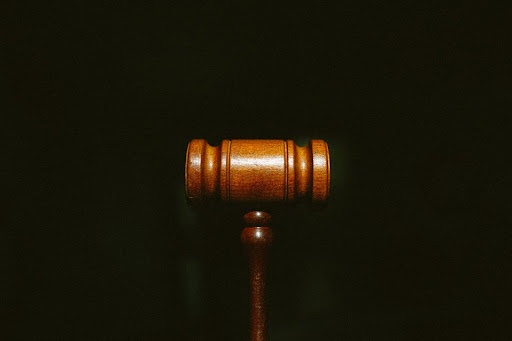Employer liability refers to the legal responsibility that employers have towards their employees. It covers a wide range of issues, such as discrimination, harassment, and wage and hour violations.
Employers can be held liable for the actions of their employees, as well as for their actions. It's advisable to seek the counsel of a top Southern California employment lawyer If you are facing issues related to employer liability.
An Overview of Employer Liability for Third-Party Actions
Employers have a range of responsibilities and liabilities when it comes to third-party actions. Third-party actions refer to any legal claims, disputes, or incidents that involve a third party, such as a customer, vendor, or contractor, and impact an employer.
Employers should understand their liabilities and take proactive measures to mitigate potential risks. Here are 10 employer liabilities for third-party actions:
Negligent Hiring
Employers must conduct a reasonable background check on new hires to ensure they are qualified and suitable for the job. Negligent hiring can occur if an employer hires someone with a history of criminal or violent behavior, and that person harms a third party in the workplace.
Vicarious Liability
Employers can be held liable for the actions of their employees. If an employee harms a third party while performing their job duties, the employer may be liable for any damages.
Failure To Provide A Safe Workplace
Employers have a legal obligation to provide a safe workplace for their employees and any third parties who may be on the premises. Failure to do so can result in legal action and damages.
Discrimination
Employers can be held liable for discrimination against third parties, including customers, vendors, and contractors. Discrimination can occur in hiring, promotions, and other workplace activities.
Harassment
Employers have a responsibility to prevent harassment of third parties by their employees. Harassment can include sexual harassment, verbal abuse, and physical intimidation.
Defamation
Employers can be held liable for defamation of third parties, such as customers or vendors. Defamation can occur through false statements, rumors, or other harmful communications.
Breach of Contract
Employers have legal obligations to third parties through contracts. Breach of contract can occur if an employer fails to fulfill their contractual obligations, resulting in damages to the third party.
Product Liability
Employers can be held liable for injuries or damages caused by their products, even if the third party is not an employee or customer. This includes liability for defects or improper labeling.
Environmental Liability
Employers have a responsibility to prevent harm to the environment and can be held liable for environmental damages caused by their operations.
Cybersecurity Breaches
Employers can be held liable for cybersecurity breaches that result in damages to third parties, such as customers or vendors. Employers have a responsibility to take reasonable measures to protect sensitive data and prevent cyber-attacks.
Employer protections against liability for third-party actions refer to measures that an employer can take to shield themselves from legal responsibility for the actions of third parties, such as customers, clients, or vendors, who cause harm or injury to their employees. Here are five employer protections against liability for third-party actions:
Employee Training
Employers can provide their employees with regular training on how to handle difficult customers or clients, identify potential safety hazards, and report incidents to management. By doing so, the employer can show that they took reasonable steps to prevent harm to their employees and thus avoid liability.
Security Measures
Employers can implement various security measures to protect their employees, such as installing security cameras, hiring security personnel, or limiting access to certain areas of the workplace. These measures can help deter criminal activity and protect employees from harm caused by third parties.
Contractual Indemnification
Employers can include indemnification clauses in their contracts with third parties, which require the third party to indemnify the employer for any damages or losses arising from the third party's actions. This can be particularly useful in situations where the employer has limited control over the third party's actions, such as when working with independent contractors.
Insurance Coverage
Employers can purchase insurance policies that provide coverage for third-party liability claims. Workers' compensation insurance can provide coverage for injuries or illnesses caused by third parties in the workplace, while liability insurance can protect against claims arising from third-party actions outside of the workplace.
Proper Documentation
Employers should maintain detailed records of any incidents involving third parties, including incident reports, witness statements, and any other relevant documentation. These records can help the employer demonstrate that they took reasonable steps to prevent harm to their employees and can be used as evidence in any legal proceedings.
Employers must take steps to mitigate their liabilities for third-party actions. By being proactive and diligent, employers can reduce their legal risks and protect their business and reputation.


No comments yet